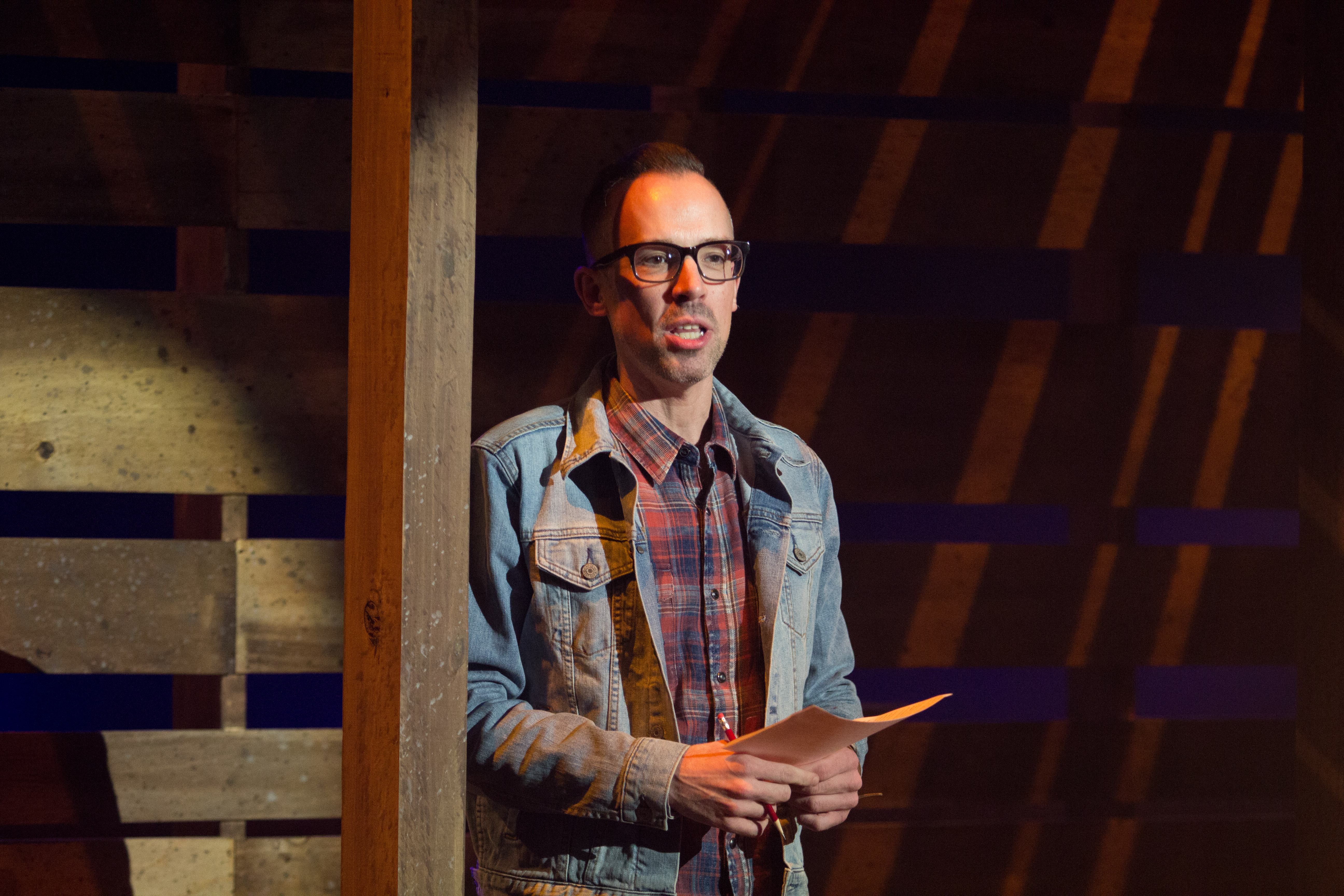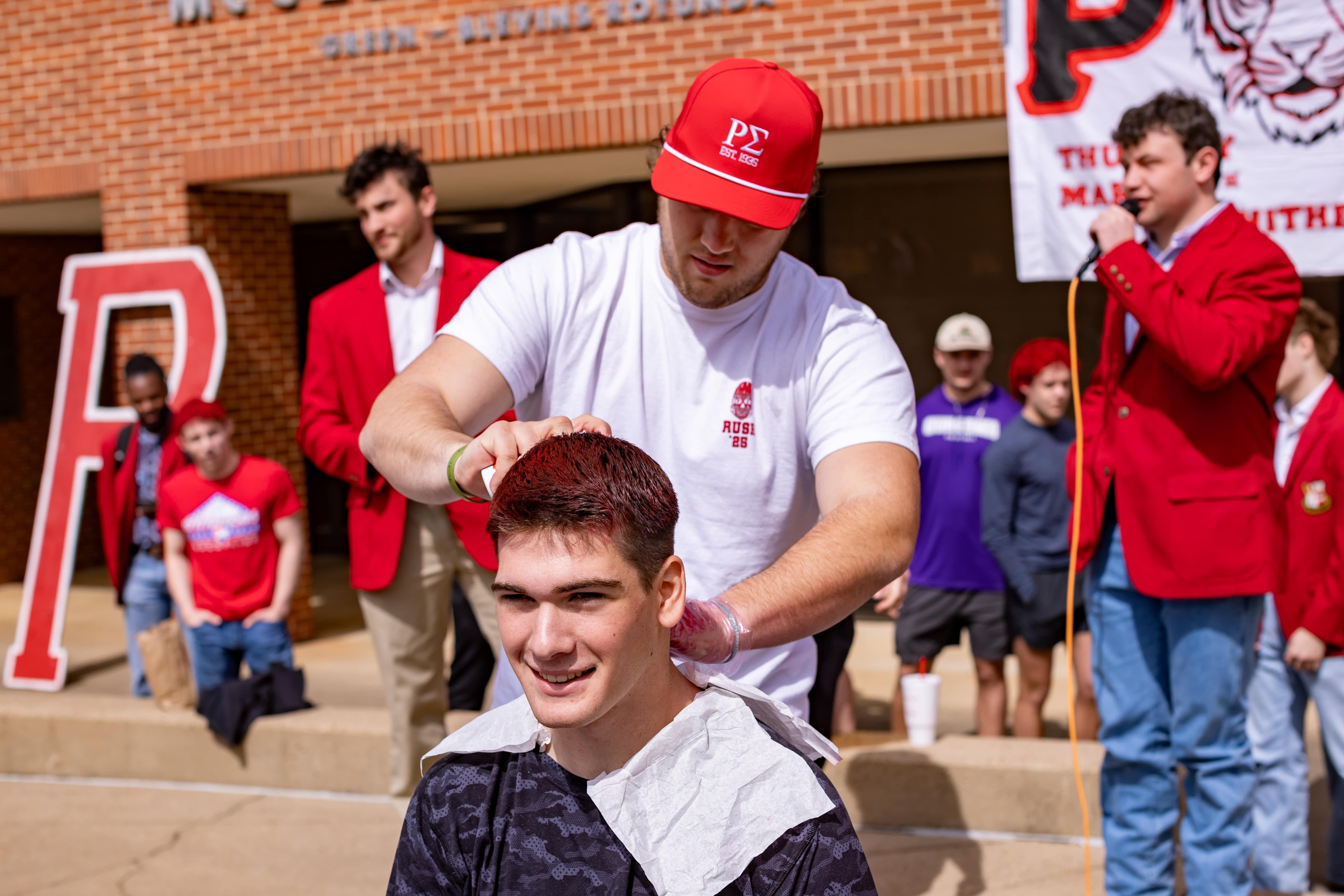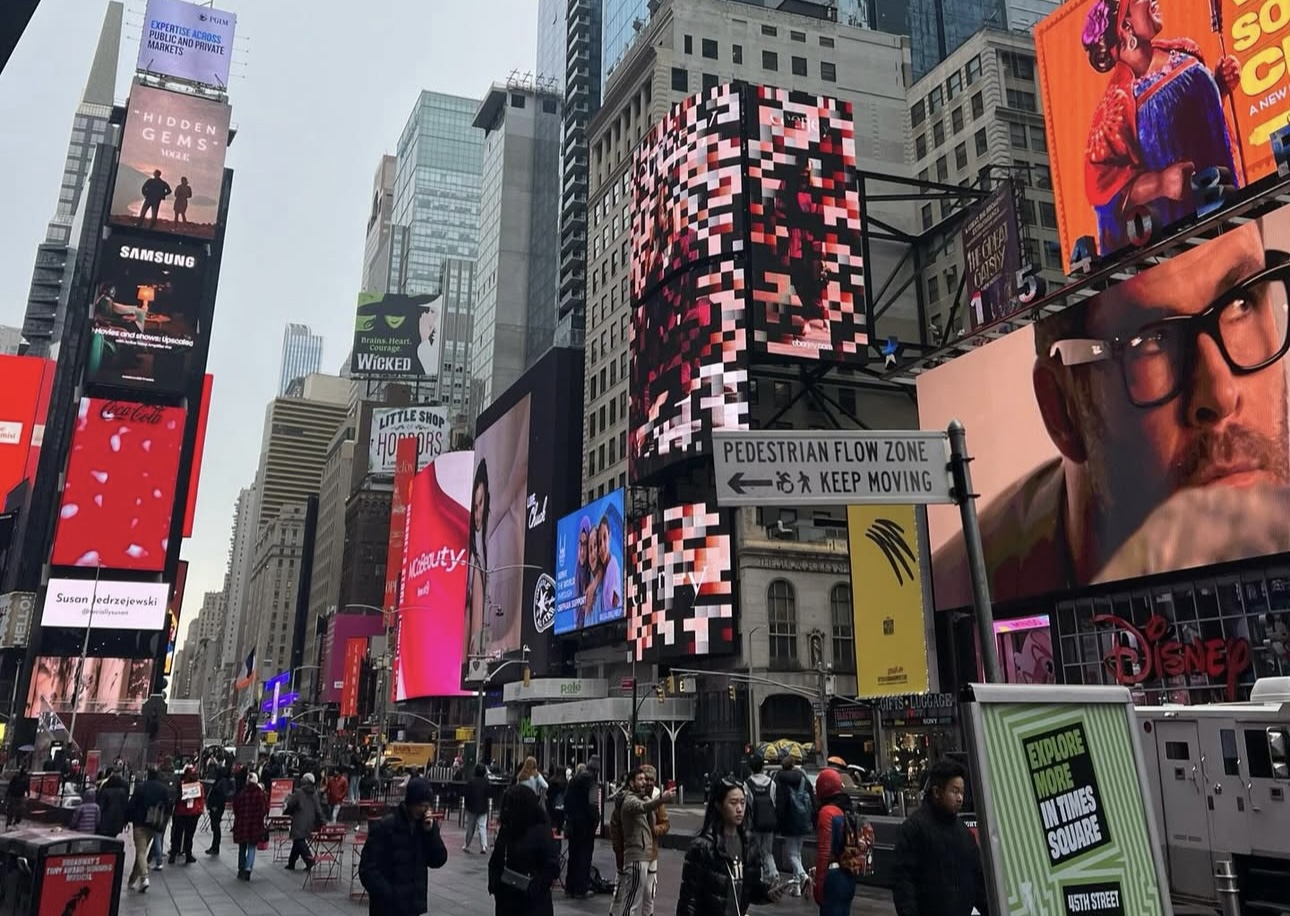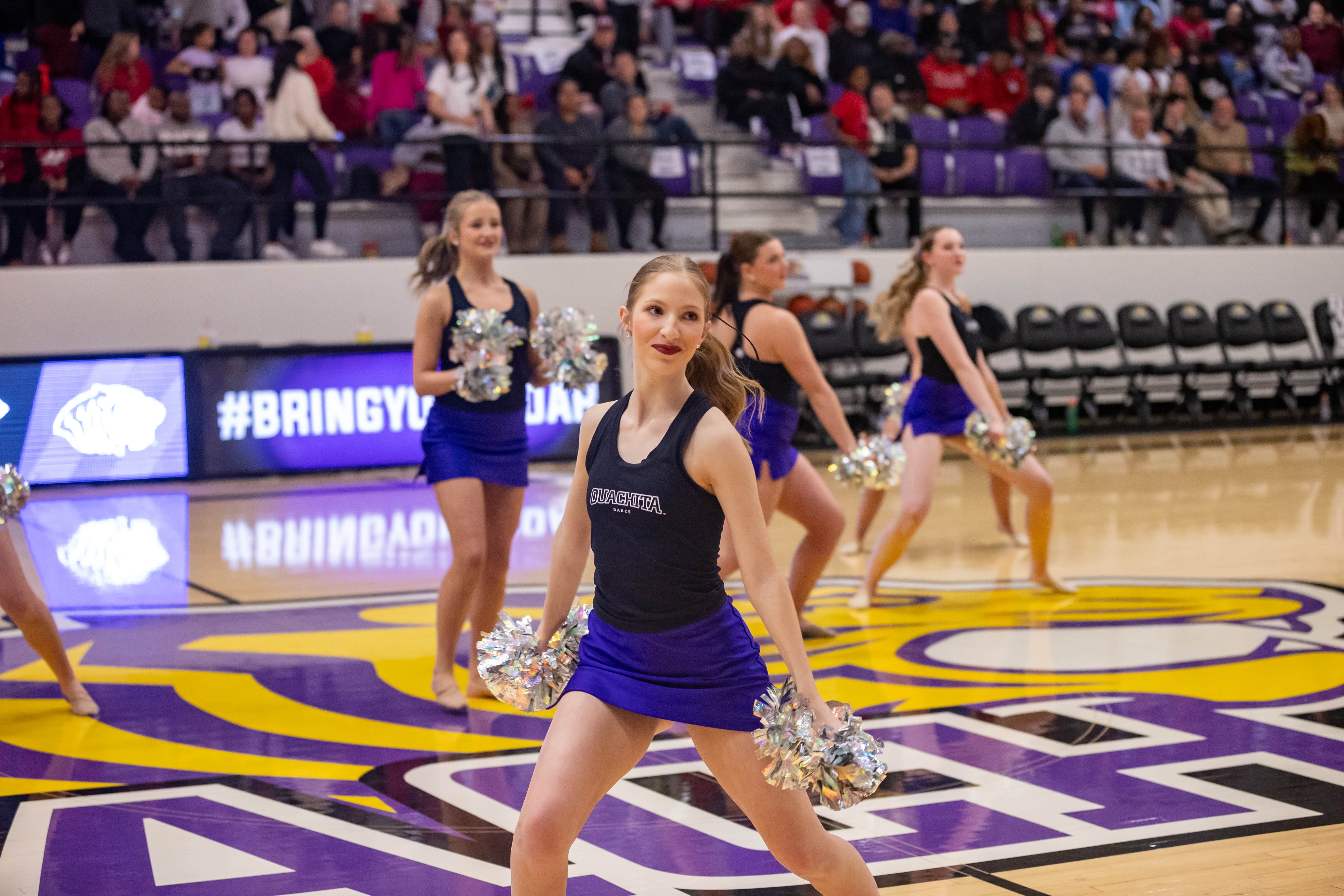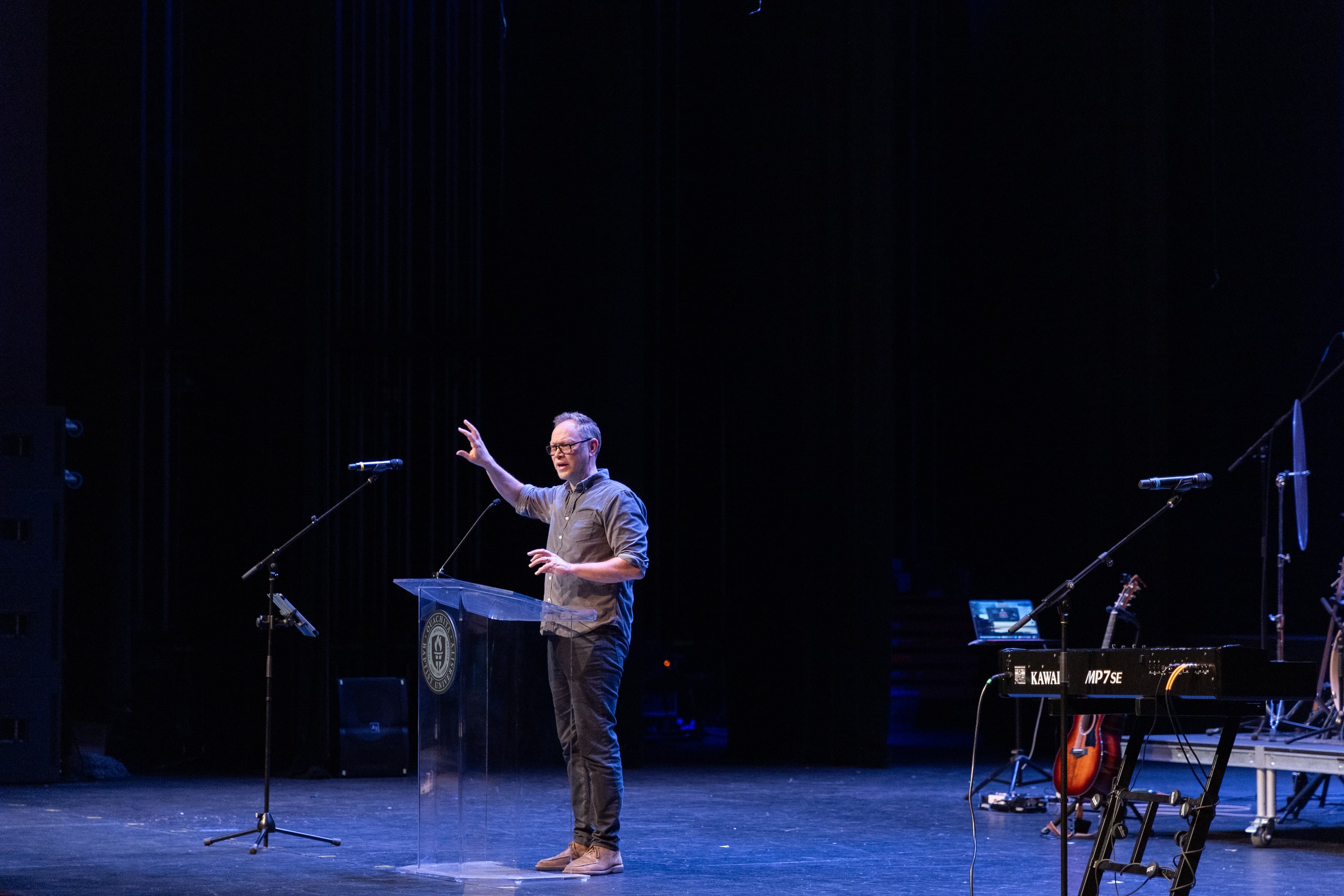Bill Clinton is one of the most-recognized Arkansans in the world, which inspired Ouachita alumna Bonnie Montgomery to write an opera about the former President. This year’s fall opera, titled “Billy Blythe,” details the childhood of the famed politician and gives a glimpse into what made Clinton the man he would become.
“When I heard of Bonnie’s Clinton opera, I was struck with how fascinating it was to create an opera about one of Arkansas’s ‘favorite sons,’ especially one dealing with his early years,” said director David Stanley.
The topic of a Clinton opera is very intriguing, especially in the modern era. Both Bill and his wife Hillary are very important figures in contemporary America. This opera, however, completely separates the political nature of the Clintons, particularly Bill, from his personal nature. The opera is set in Hot Springs, Ark., in 1959. The setting is decades before his political debut and mainly draws upon his life to create a story of human relationships, internal conflict and emotions.
“There is nothing political about the opera at all. It is just about Clinton’s childhood before he goes off to college,” said Will Stotts, who portrays Billy in the opera see this page. “I am portraying a young man who is learning how to be a leader early on through his family and his relationship with his step-father.”
While the story of the opera is very important, there is much that goes into making the production come together. The cast must practice for hours to make sure that the music is just right and their choreography is perfectly in sync. A design crew must sift through hundreds of costume options and decide which one best fits the setting. A different team works on building the sets, while another works on creating the perfect lighting scheme to set the atmosphere of each scene. Only after all of this is done can the story take place.
The beginnings of the opera can be found last semester, when the main roles were cast and given music for their parts. The cast then practiced and mastered their music over the course of the summer so they would be ready to practice with the remainder of the cast when rehearsals started at the beginning of the semester. The rehearsals opened with music and shifted to staging and choreography as the semester progressed. The rehearsals were moved to JPAC after the staging was complete to practice the show as a whole.
Another big part in the production of the opera is the costumes. The costume designer for this show is Adam Wheat, who also serves as publicity designer and box office manager. Wheat extensively researched what types of clothing would have been worn in Hot Springs in 1959 and sought to combine that clothing with the overall ambiance of the show.
“There is supposed to be a very dreamlike feel to the show, so I wanted to put a lot of the ensemble in blue and cooler colors so that they would fade in and out of the lighting, while the central characters are in warmer colors so they would stand out more,” Wheat said.
The lighting for the show was directed by John Alec Briggs and Marshall Pope. Libby Villegas, the stage manager, is in charge of overseeing many of the smaller tasks involved with lighting.
“During the show, I am the one who is calling all the light cues,” Villegas said. “It is a very nerve-wracking job, because if I do not get those light cues down or do them at the wrong time, then the cast could be in complete darkness.”
The lighting, akin to the costumes, is done to create a dreamlike atmosphere. There are a lot of cool colors to make the scene feel more relaxed.
“The lighting is very different, but it is great for the show,” Villegas said. “The lighting brings you to that spot in the story where the director wants you to be.”
While all of these things are necessary parts of any opera, there is one thing that Billy Blythe has done differently to bring the audience into the story.
“This show is a little bit difference because we are changing the whole experience for the audience. The audience is seated on stage with the actors,” Wheat said. “It is going to be a very intimate setting. This show is more intimate because you are looking into this family’s life, so the fact that you are basically sitting in the front yard watching the story makes the story much more intimate and accessible for the audience.”
The show has come together very well, and the entire production crew is excited to perform it for the student body and community. To see the culmination of all this hard work, come see Billy Blythe this weekend, Nov. 17-19, at 7 p.m. There will also be a matinee showing on Nov. 20 at 2 p.m.
– By Caleb Byrd, staff writer

